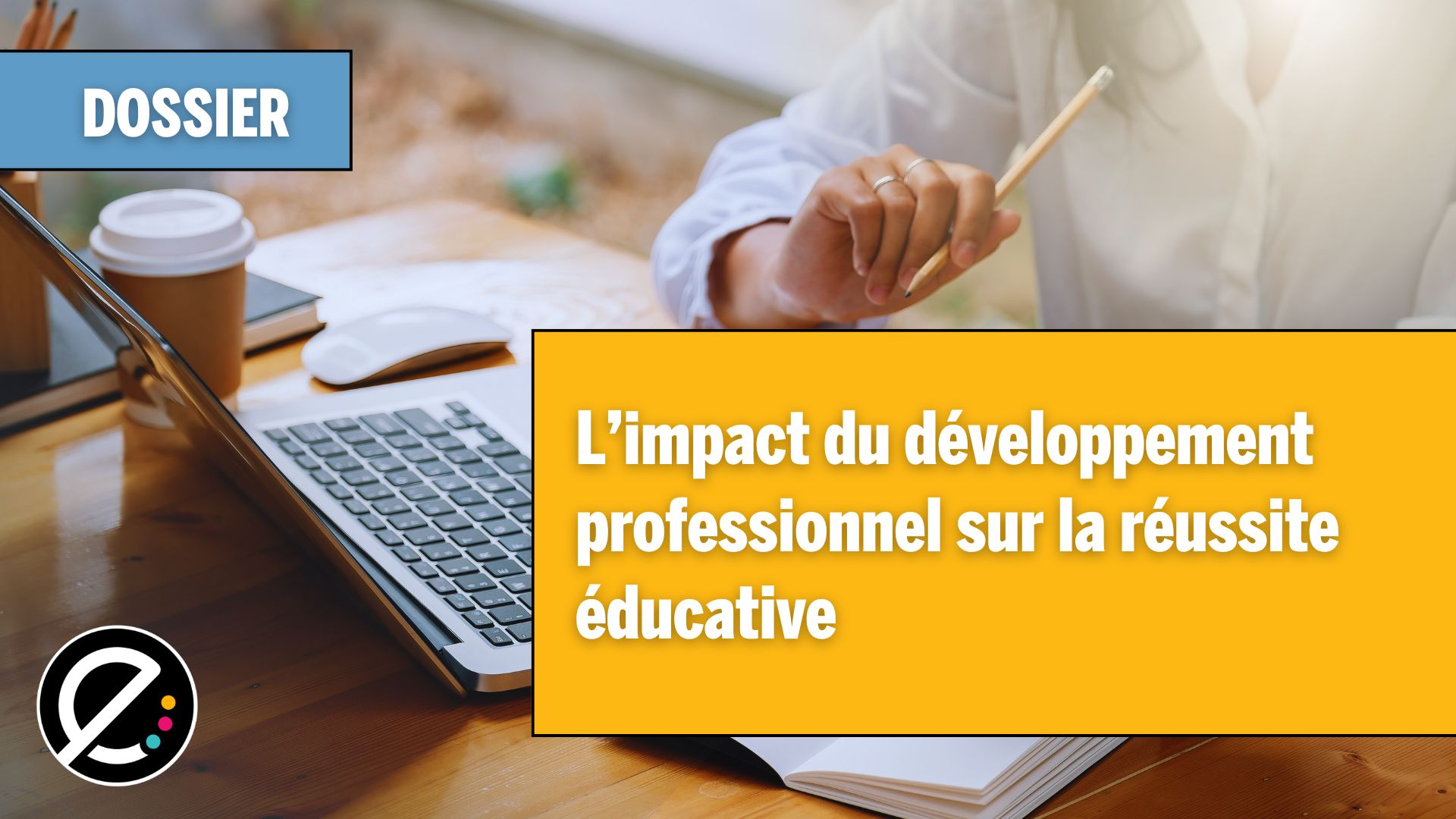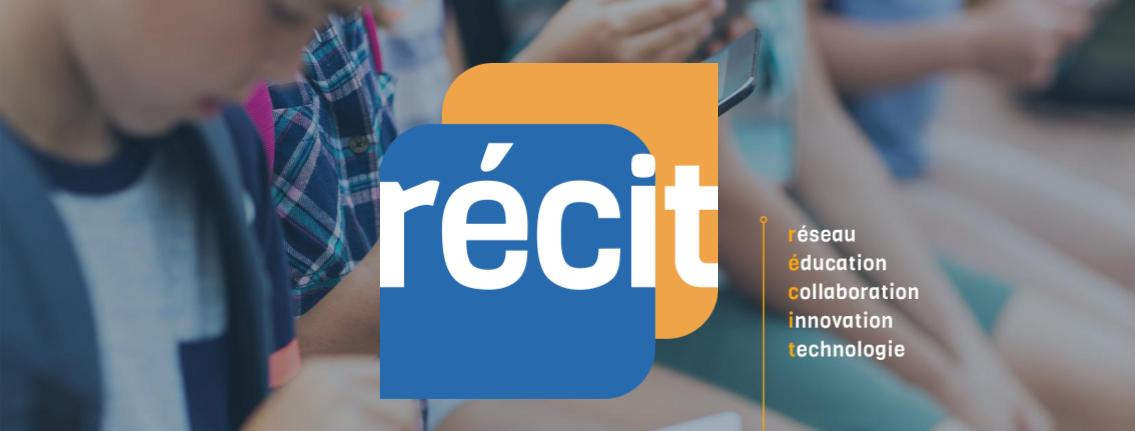L’École en réseau présente une série de webinaires visant à donner la parole à des enseignants qui participent à des projets de recherche participative. Le premier événement a permis de découvrir une expérimentation en lien avec l’écriture philosophique.
« L’objectif derrière les webinaires Clin d’œil sur la recherche est vraiment de permettre à des praticiens de présenter les résultats d’une recherche-action à laquelle ils ont participé. Il s’agit d’une occasion de développement professionnel, tout en démocratisant la recherche », indique Sophie Nadeau-Tremblay, coordonnatrice de l’équipe d’enseignants ressources pour l’École en réseau (ÉER).
Souvent, dans les sessions de transfert en lien avec la recherche, ce sont les chercheurs qui présentent les résultats. Cette fois, elle voulait vraiment permettre aux enseignants de s’exprimer devant un public. « Et si cela peut donner le goût à d’autres enseignants de prendre part à des recherches participatives, ce serait un petit plus », dit-elle.
Écriture et philosophie
Au cours du premier webinaire, Sabrina Réthoré, enseignante, et Olivier Blond-Rzewuski, chercheur, ont présenté une séquence visant à développer l’écriture autour de débats philosophiques menés en classe aux 2e et 3e cycles du primaire.
Alors que les pratiques philosophiques dans les écoles sont souvent menées à l’oral, par des discussions en grand groupe la majorité du temps, l’objectif de la recherche était de développer une nouvelle pratique conduisant vers l’écriture philosophique. Par ailleurs, comme il y a déjà beaucoup de tâches menant à l’écriture en salle de classe, l’équipe de recherche souhaitait développer un contexte significatif (ne pas faire écrire pour faire écrire).
La séquence mise en place se déroule en 6 étapes et peut s’échelonner sur deux mois :
- L’interprétation d’une problématique à partir d’un montage photo (ex. amitié, bonheur, amour, grandir);
- La réalisation d’un organigramme avec champ lexical, suivi d’un moment d’écriture libre sur le thème retenu;
- La tenue d’un débat en classe pour partager les points de vue;
- La tempête d’idée pour documenter les « idées essentielles » pour structurer son point de vue;
- La rédaction d’une dissertation (texte argumentatif);
- La réécriture au besoin.
« Tout au long du projet, il a fallu trouver l’équilibre entre l’écriture spontanée et l’écriture dirigée. Écrire pour penser, ce n’est pas si naturel. Les élèves sont habitués à écrire des textes fictifs qui prennent forme dans leur imaginaire. Dans ce projet, ils devaient écrire sur leur vécu, sur ce qu’ils ressentent », fait remarquer Sabrina Réthoré. Elle précise que certains ont été déstabilisés par l’exercice alors que d’autres « se sont révélés ».
Dans le cadre du projet, les élèves ont rédigé leur texte de façon manuscrite, mais ils auraient aussi pu le faire à l’ordinateur. De plus, le projet peut se vivre en formant des équipes qui peuvent écrire de façon collaborative. Cela amène alors une autre dynamique et des discussions plus poussées.
Prochains webinaires
Trois autres séances sont prévues d’ici la fin de l’année scolaire. Il suffit de s’inscrire sur le site Web de l’ÉER pour y participer. Toute personne curieuse d’en apprendre sur ces recherches participatives peut se joindre au webinaire. Les documents utilisés ou développés durant le projet seront partagés.
- 6 avril : Le projet Territoires a permis d’intégrer des savoirs autochtones dans l’enseignement de science, technologie et univers social aux 1er et 2e cycles du primaire.
- 20 avril : Les voix de la lecture consiste en une démarche pédagogique pour soutenir la fluidité en lecture au premier cycle.
- 25 mai : Écrire ensemble propose des stratégies d’écriture par l’entremise d’un outil numérique, tout en travaillant en collaboration chez les élèves.






